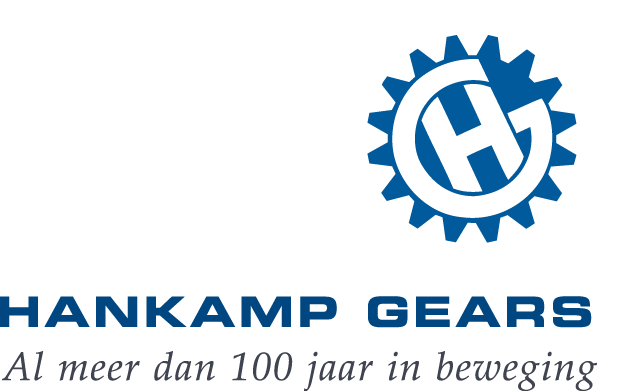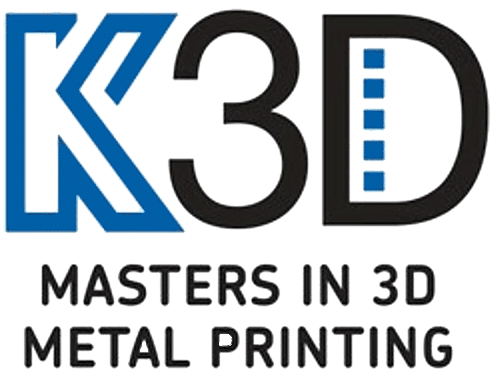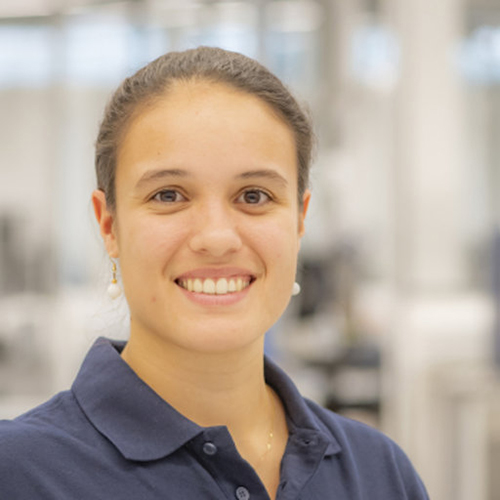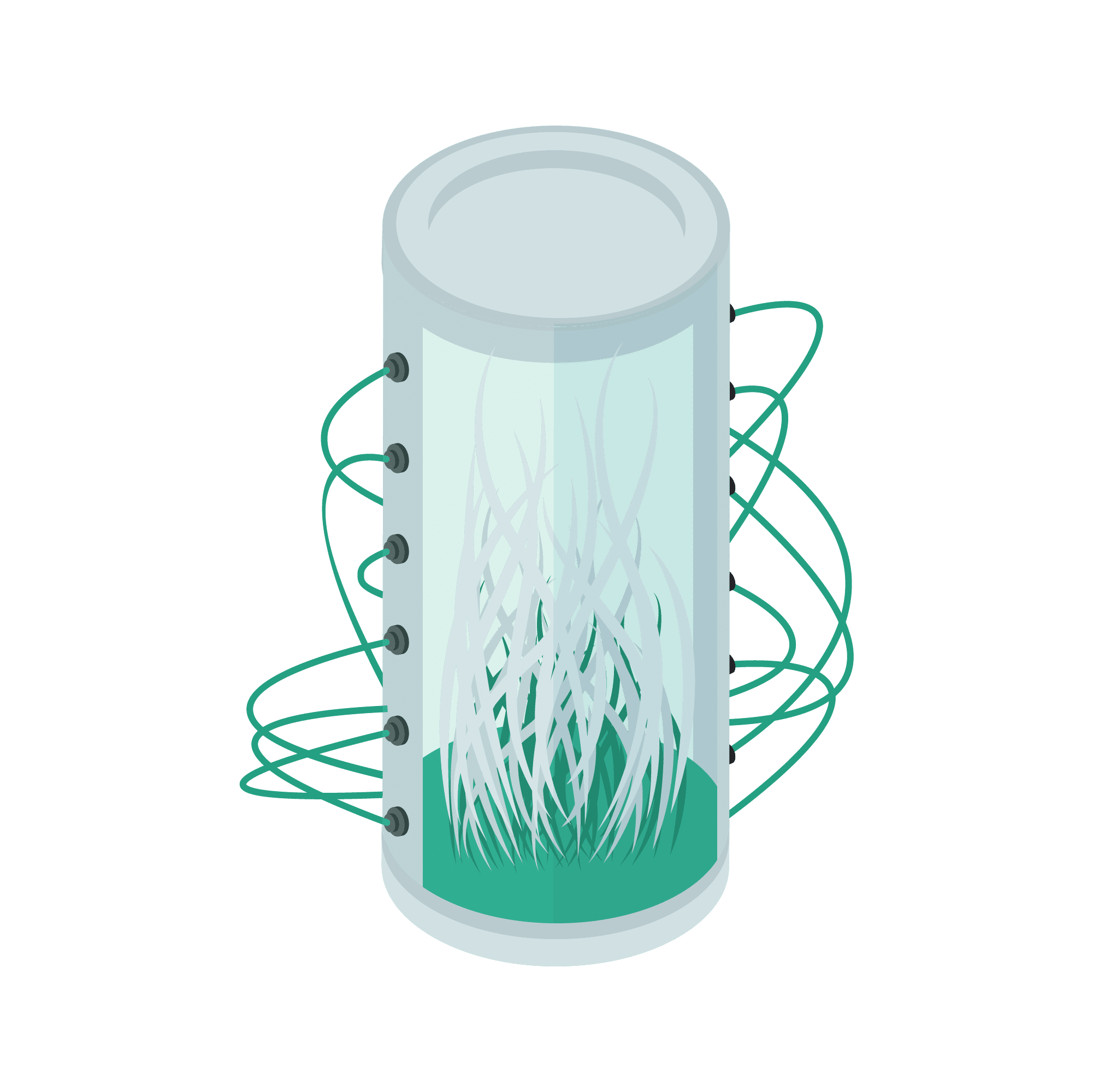Traditional subtractive manufacturing methods, including milling, boring, and turning, are both energy-intensive and generate significant amounts of metal scrap. This scrap is typically sold, transported, and reprocessed, a process that incurs additional energy costs and environmental impact.
The CamCraft project, led by FIP-AM@UT in collaboration with K3D and Hankamp Gears, addresses these challenges by exploring a more sustainable approach to metal manufacturing. The project focuses on converting metal scrap into powder suitable for Additive Manufacturing (AM), specifically utilizing Powder Bed Fusion (PBF) technology. By investigating the feasibility of this process, CamCraft aims to determine whether recycled metal powder can be effectively used to produce parts that do not require high precision.
CamCraft seeks to validate the practicality of using recycled metal powder and assess its performance in AM applications. The project also aims to demonstrate the value of upcycling metal scrap, which can help reduce the demand for virgin materials and lower environmental impacts. Furthermore, CamCraft will produce a prototype using the recycled powder to offer insights into its practical applications and potential benefits while also connecting local industries with opportunities to enhance the value of their metal waste and integrate circular economy principles. A comparative analysis of the product lifecycle, with and without the recycling process, will provide a detailed understanding of the benefits and implications of this approach.
Through these efforts, CamCraft intends to contribute to more sustainable manufacturing practices by closing the loop on metal waste and advancing circular economy initiatives.













